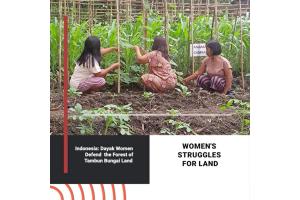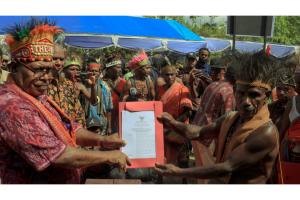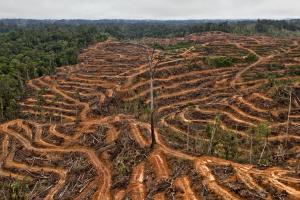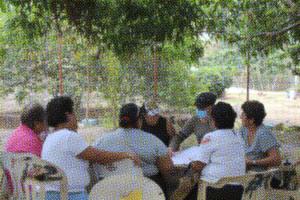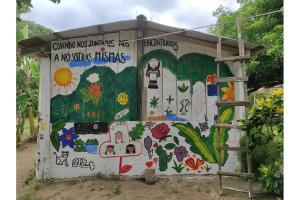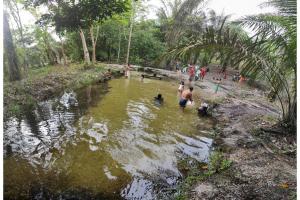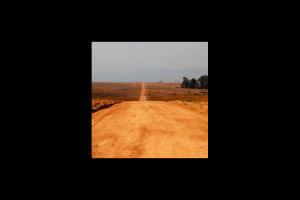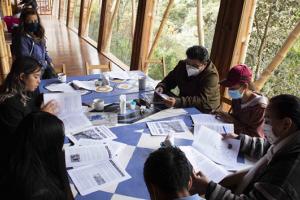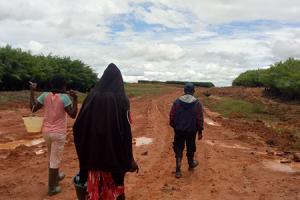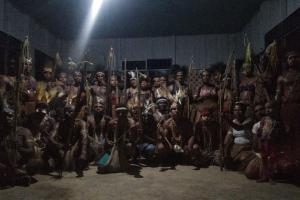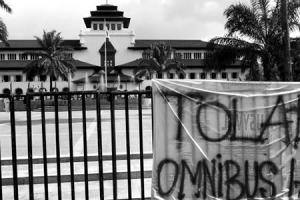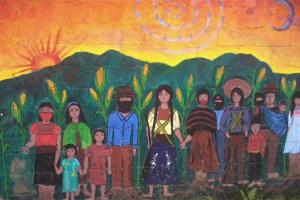Palm Oil
The oil palm tree is native to West Africa. It is an important tree for forest-dependent communities, their cultures and their economies. However, large-scale oil palm monocultures for industrial production (oil and agrofuels) have been driving deforestation and land grabbing in Southeast Asia. More recently, oil palm monocultures are also driving destruction in Africa and Latin America.
One of the main causes of deforestation in Mesoamerica is the expansion of oil palm monoculture. An exchange of experiences brought together representatives from indigenous and peasant communities to coordinate their resistance.
Oil palm plantations are one of the most unsafe spaces for women, not only because of their vulnerable working status packed with injustices and precarities, but also because of the potential for sexual violence and harassment. (Available in Indonesian).
The Korindo Group cleared Kinggo’s Indigenous People’s forests for its industrial oil palm plantations. Petrus Kinggo and other community leaders were persuaded to give up customary forest land with misleading and false promises. Now they are fighting against the FSC-certified Korindo. (Available in Indonesian).
The government of Indonesia endorsed the criticized Omnibus Law by saying that it is “crucial to attract investment and ultimately create jobs.” The Law is a direct attack on the territories and communities resisting the increasing destruction that has been ongoing for decades in Indonesia. (Available in Indonesian).
WRM spoke with close allies from Brazil, Gabon, India, Mexico and Mozambique, to hear from them and learn about their understandings of development.
